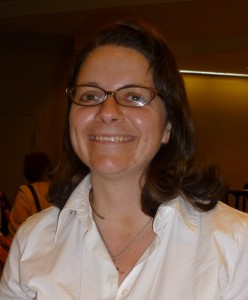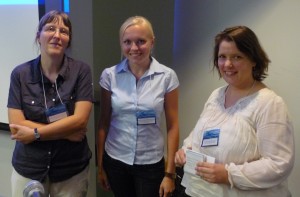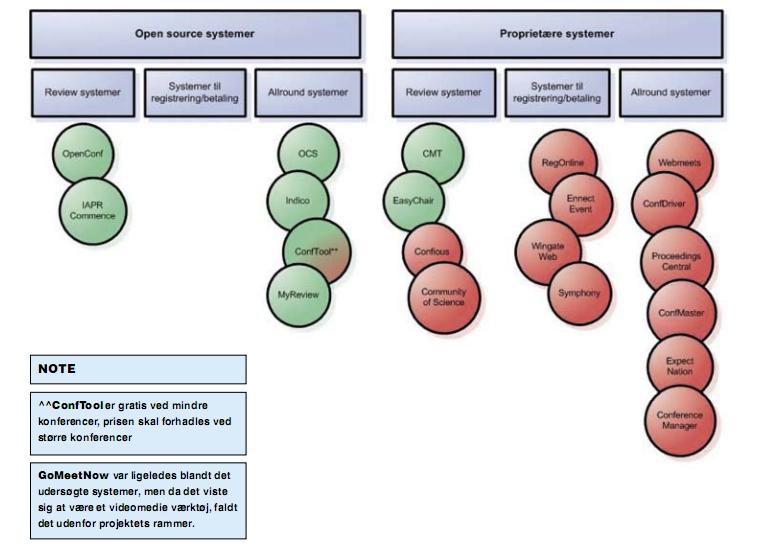Presenter: Sara Fuchs, Digital Initiatives Library, Department of Scholarly Communication & Digital Services, Georgia Institute of Technology

Time: 4-5pm, July 9th, 2009
Place: SFU Harbour Centre, Sauder Industries Room 2270
———————————————————————————————
Session Overview
Background
The Georgia Tech Library Department of Scholarly Communication & Digital Services set up an institutional repository in 2004 in hopes that faculty members could self-submit. Although they had always had a repository, it was usually set up after conferences had occurred. The department later decided to provide more support and began to help faculty create, store and view their papers, especially since nobody else on campus was offering similar services. The service provides both conference and journal support, as well as the uploading of any video recordings (of lectures as well), and digital archiving on the centralized repository for Georgia Tech authored materials, known as SMARTech. Submission onto SMARTech requires that the authors grant a non-exclusive license to Georgia Tech for non-commercial uses– mainly to raise awareness about open access to graduate students and supporting scholarly collaboration. SMARTech is now one of the largest institutional repositories in the United States and 35th in the world according to the Ranking Web of World Repositories, a project by the Spanish public research body Consejo Superior de Investigaciones Científicas (CSIC).
Lessons Learned with Open Conference Systems (OCS)
OCS works well for what it is supposed to do. It was a low pressure situation for the department because there was no need to maintain the OCS software, as everything was eventually going to end up in the repository. They found that clients enjoyed using OCS much more than the normal email workflow.
However, there were still challenges. With OCS, the process of accepting and rejecting proposals was more difficult– conference calls seemed to be much easier, and there is always a time lag in uploading presentations. Another challenge surfaced while setting up the Open Repositories 2009 Conference, mainly because they were working with two different websites. It made it very difficult to collect and retrieve conference papers. The Access Services Conference was the first time the payment function of OCS was used. Again, it was difficult to synchronize across two websites and this required going through multiple steps.
Customization
Clients wanted something more slick and streamlined, and wanted to use the more interactive parts of OCS, such as giving comments directly to authors, etc. In order to do this, all .css and template files had to be modified. New headers needed to be created, as well as modification of some menus, journal layout, and downloading of specific plug-ins. This proved to be very time-consuming, and this took design changes out of the hands of journal managers/editors. That being said, clients were highly satisfied and this became a showpiece of the department’s collaboration with faculty.
Questions
(Ran out of time)
Comment: Some of the difficulty in syncing between two websites might be easier if you upload/download directly from OCS instead of another location.
Related Links


